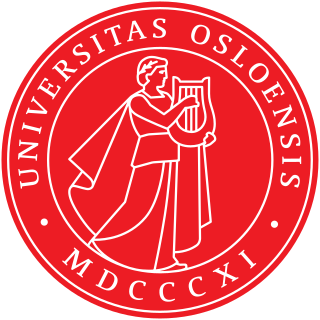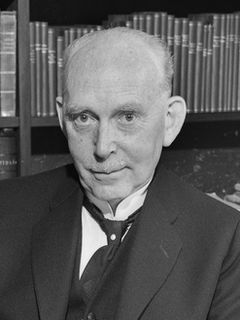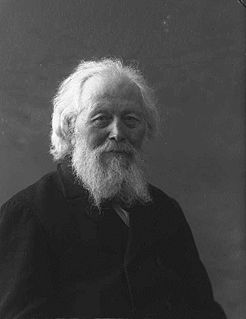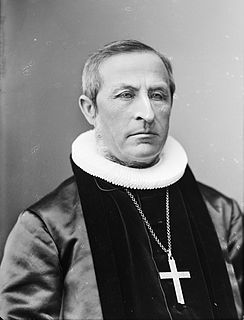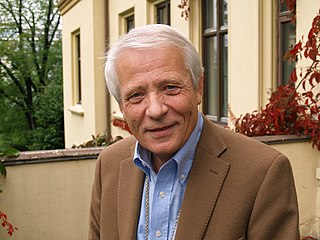MF vitenskapelig høyskole for teologi, religion og samfunn | |
 | |
| Motto | In Principio Erat Verbum |
|---|---|
| Type | Private |
| Established | 1907 |
| Rector | Vidar L. Haanes |
Administrative staff | 100 |
| Students | 1,300 |
| Location | , |
| Affiliations | The Norwegian Association of Higher Education Institutions; IMHE; the Nordic University Association |
| Website | mf.no |
Norwegian School of Theology, Religion and Society (1908), formerly the Free Faculty of Theology (Norwegian : Det teologiske Menighetsfakultet) and MF Norwegian School of Theology, is an accredited Norwegian Specialized University focused on Theology, Religion, Education and Social Studies, located in Oslo, Norway. [1] With three departments (the Department of Theology, the Department of Religious Education and Pedagogical Studies, and the Department of Religion and Society), the Norwegian School of Theology educates scholars (PhD), teachers, ministers, and other professionals at the undergraduate and graduate level for leadership and service both nationally and internationally. It is Norway’s largest school of theology, religion and social sciences, and enrolls approximately 1200 students from both Norway and other countries. [2]
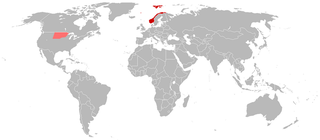
Norwegian is a North Germanic language spoken mainly in Norway, where it is the official language. Along with Swedish and Danish, Norwegian forms a dialect continuum of more or less mutually intelligible local and regional varieties, and some Norwegian and Swedish dialects, in particular, are very close. These Scandinavian languages, together with Faroese and Icelandic as well as some extinct languages, constitute the North Germanic languages. Faroese and Icelandic are hardly mutually intelligible with Norwegian in their spoken form because continental Scandinavian has diverged from them. While the two Germanic languages with the greatest numbers of speakers, English and German, have close similarities with Norwegian, neither is mutually intelligible with it. Norwegian is a descendant of Old Norse, the common language of the Germanic peoples living in Scandinavia during the Viking Era.
Contents
Beginning as a confessional school, today it is an ecumenical inclusive school offering education specific to a number of denominations (Lutheran, Methodist, Catholic, Salvation Army and Pentecostal). [3]

